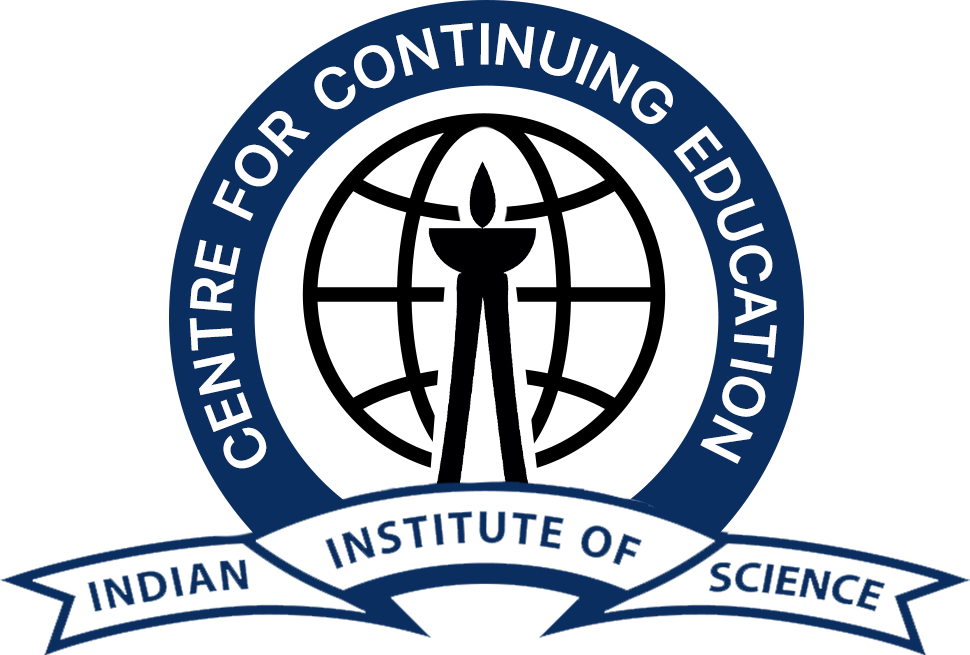Online Course on Principles and Advances in Genetic Engineering 2:0
Last day to apply: 5 January 2025
Objectives:
Genetic Engineering is the direct manipulation of an organism’s genes using biotechnological tools. Genetic engineering has been applied in numerous fields, including research, medicine, industrial biotechnology, and agriculture. This course is proposed for those who wish to develop a strong background in principles of recombinant DNA technology, Genetic Engineering, Genome Editing, transgenic technology, and its applications in biotechnology. I will also focus on the creation of genetically modified organisms, from bacteria to monkeys, for laboratory research and industrial applications.
Syllabus:
Growth and maintenance of recombinant bacterial strains. Transformation and transfection methods. Vectors used in molecular cloning and expression of genes. DNA, RNA, and protein isolation, purification, and fractionation methods. Enzymes used in genetic engineering. Radioactive and non-radioactive labelling of nucleic acids and proteins and their detection. Nucleic acid hybridization methods. Gene and cDNA cloning methods. Construction of genomic DNA and cDNA libraries. Detection and characterization methods for genes and chromosomes. Nucleic acid sequencing methods, including Next-Generation Sequencing. Methods for protein analysis, protein-nucleic acid, and protein-protein interactions. Sitespecific mutagenesis. Polymerase chain reaction, Real-time Quantitative PCR., and applications. Antisense technology and RNA silencing techniques. Recombinant protein production in bacteria, yeast, and mammalian cells, Genome editing approaches such as Cas9/CRISPR technology. Exome Sequencing- ChlP Sequencing. Generation of Lentiviral, retroviral and Adenoviral vectors, and Gene therapy, Genetic Engineering of mammalian stem cells, Generation of induced pluripotent stem (iPS) cells, Mitochondrial genome editing, Somatic cell nuclear transfer, Generation of transgenic and mutant Caenorhabditis elegans –Generation of knock-out mice (isolation and culture of embryonic stem (ES) cells, Gene is targeting construct design, Transfection, Homologous recombination in ES Cells, Positive and negative selection; Breeding of germ-line chimeras Cre/lox and Flp/FRT system for inducible transgenic mice – Chemically inducible transgene expression systems. Use of transgenic technology in modeling human diseases, including cardiovascular disease, diabetes, obesity, cancer, atherosclerosis, neurodegenerative diseases, muscle degeneration, and aging

Dr. N. Ravi Sundaresan
Associate Professor
Dept. of Microbiology and Cell Biology
Indian Institute of Science
Email: rsundaresan@iisc.ac.in
Number of credits – 2:0
Mode of Instruction
Online Classes using Microsoft Teams
Online Seats are Limited to 100
Duration
5 Months (JAN – MAY 2025)
Timings of the class
Saturday (10.00AM to 12.00PM)
Course Fee
₹ 10000 (Excluding 18% GST)
| Particulars | Amount (in ₹) |
| Course Fee | 10,000 |
| Application Fee | 300 |
| GST@18% | 1,854 |
| Total | 12,154 |
Who Can apply?
Students either studying or completed, BSc (research), MSc, B.Tech, B.Pharam., BVSc., MBBS, B.Pharm., MS (Biotech), or Equivalent
Pre-requisites: Basic knowledge in the Life Sciences
Reference Books
1. Molecular Cloning: A Laboratory Manual, Sambrook and D.W. Russell, ed., Cold Spring Harbor Laboratory Press
2. S. B. Primrose and R. M. Twyman. Principles of Gene Manipulation and Genomics, 7th Edn, Blackwell Publishing.
3. J. J. Greene and V. B. Rao. Recombinant DNA Principles and Methodologies. CRC Press

